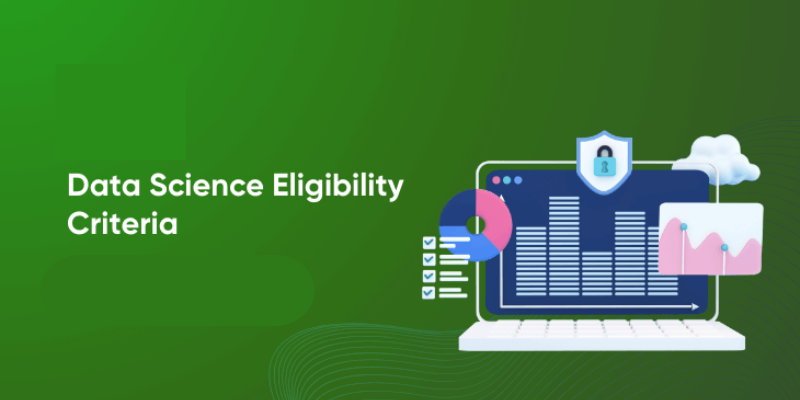
Many prospective professionals find it intriguing to pursue an MBA in data science. However, before diving into this field, it’s crucial to understand the eligibility criteria required to pursue this specialized degree. In this blog post, we’ll explore the essential eligibility requirements for an MBA in Data Science, shedding light on the scope and opportunities within this rapidly evolving field.
1. Educational Qualifications
One of the primary eligibility criteria for pursuing an MBA in Data Science is a bachelor’s degree from a recognized university or institution. While the field of undergraduate study may vary, candidates with a background in computer science, mathematics, statistics, engineering, or business administration may find themselves better positioned to excel in a data science program. Additionally, some institutions may require a minimum GPA or academic performance threshold for admission.
2. Work Experience
While prior work experience is often preferred, it’s optional for admission into MBA programs in Data Science. Many institutions value candidates with relevant experience in data analysis, business intelligence, or information technology, as it demonstrates their practical understanding of business operations and ability to apply data-driven insights. However, some programs may also accept recent graduates or individuals with limited work experience as long as they showcase solid academic credentials and a genuine interest in data analytics. Explore MBA Classes Near Me options to find programs accommodating candidates with varying experience and qualifications.
3. Entrance Exams
In addition to educational qualifications and work experience, many MBA programs in Data Science require candidates to take standardized entrance exams as part of the admission process. These exams may include the GMAT (Graduate Management Admission Test) or the GRE (Graduate Record Examination), which assess a candidate’s aptitude in quantitative reasoning, verbal reasoning, and analytical writing. Some institutions may also conduct their entrance exams or require applicants to submit scores from specialized tests in data science or analytics.
4. Statements of purpose (SOP) and certificates of recommendation
In addition to academic and professional qualifications, MBA programs typically require applicants to submit a Statement of Purpose (SOP) and Letters of Recommendation (LoRs). The SOP allows candidates to express their motivations, career objectives, and rationale for pursuing an MBA in Data Science. Similarly, LoRs from professors, employers, or industry experts offer valuable insights into the applicant’s character, capabilities, and potential for success in the program. These components play a crucial role in the admissions process, providing admissions committees with a holistic view of each candidate’s suitability for the program. Explore MBA Data Analytics in Chennai options to find programs that align with your academic and career goals.
Pursuing an MBA in Data Science offers a pathway to a rewarding and dynamic career in data analytics and business intelligence. However, to embark on this journey, candidates must meet specific eligibility criteria, including educational qualifications, work experience, entrance exams, and application requirements. By understanding and fulfilling these criteria, aspiring professionals can position themselves for success in the burgeoning field of data science, leveraging their skills and expertise to drive innovation and decision-making in various industries.